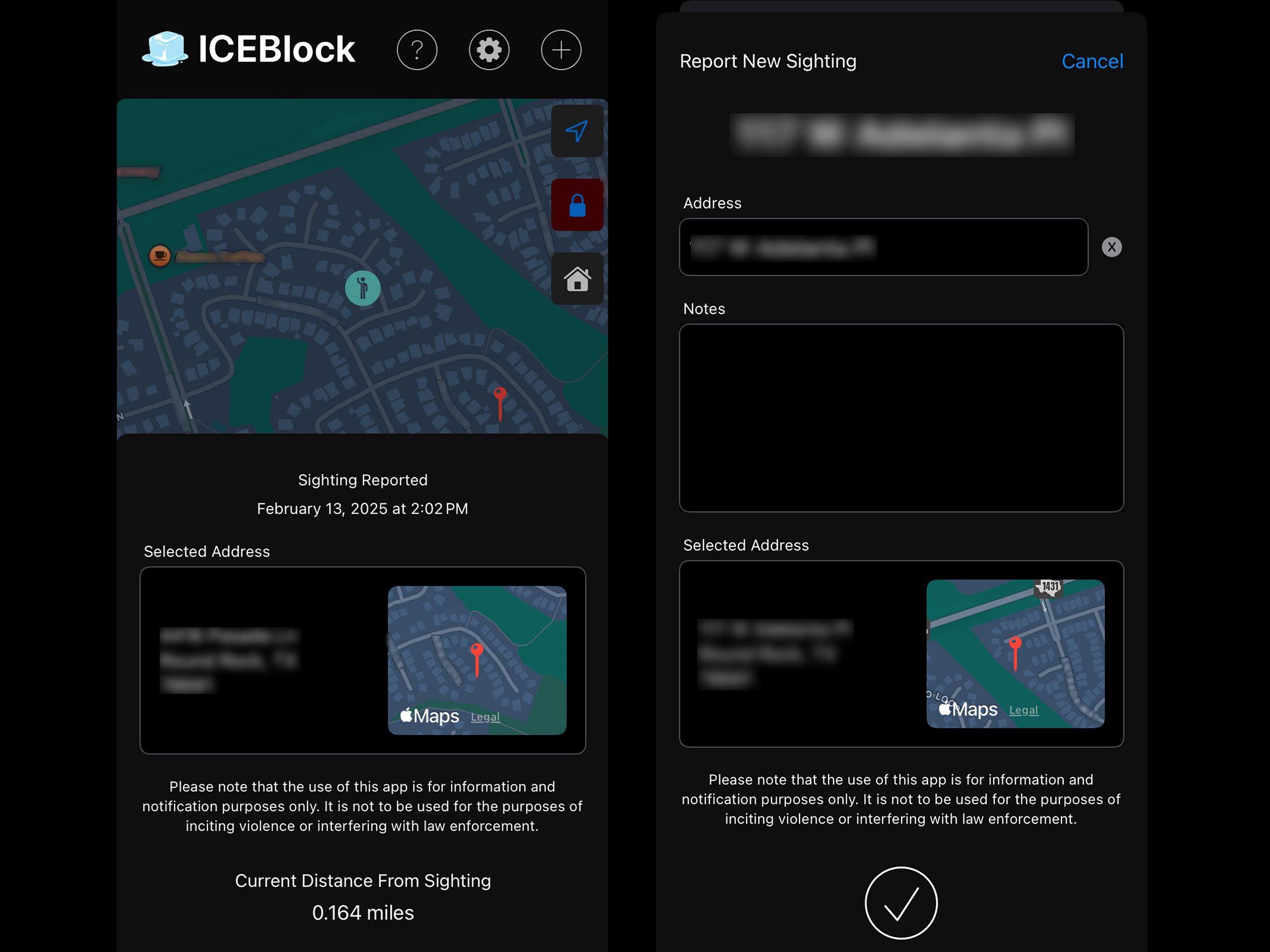The Promise and Peril of Digital Security in the Age of Dictatorship
The Promise and Peril of Digital Security in the Age of Dictatorship
In today’s world, digital security has become increasingly important as governments and corporations collect more and more data on individuals. This is especially true in authoritarian regimes, where digital surveillance is often used as a tool for repression. While digital security offers the promise of protecting individuals’ privacy and freedom, it also poses a peril when used by dictators to control their populations.
On one hand, digital security tools such as encryption can help individuals safeguard their communications and data from prying eyes. This allows for greater freedom of expression and protects against arbitrary surveillance. However, in authoritarian regimes, governments often use these same tools to monitor and suppress dissent, further entrenching their power.
The promise of digital security lies in its potential to empower individuals and protect their rights in the face of government overreach. By educating people on how to secure their devices and communications, we can level the playing field and push back against authoritarian efforts to silence dissent.
However, the peril of digital security is clear when considering the ways in which dictators use technology to surveil and control their populations. From facial recognition systems to monitoring social media activity, authoritarian regimes are increasingly using digital tools to stifle dissent and maintain power.
As we navigate the complex landscape of digital security in the age of dictatorship, it is crucial that we remain vigilant and proactive in defending our rights and freedoms. By advocating for strong encryption standards and supporting privacy-conscious technologies, we can push back against authoritarian efforts to curtail our digital freedoms.
In conclusion, the promise and peril of digital security in the age of dictatorship are closely intertwined. While digital security offers the promise of protecting individuals’ privacy and rights, it also poses a peril when used by authoritarian regimes to control their populations. By remaining vigilant and proactive in our efforts to defend our digital freedoms, we can work towards a more secure and free future for all.


